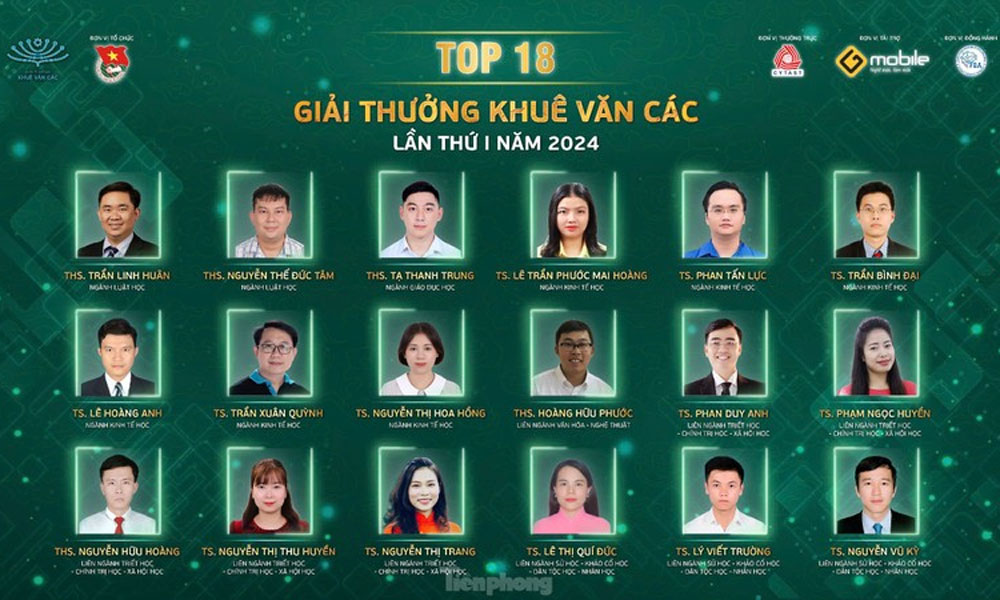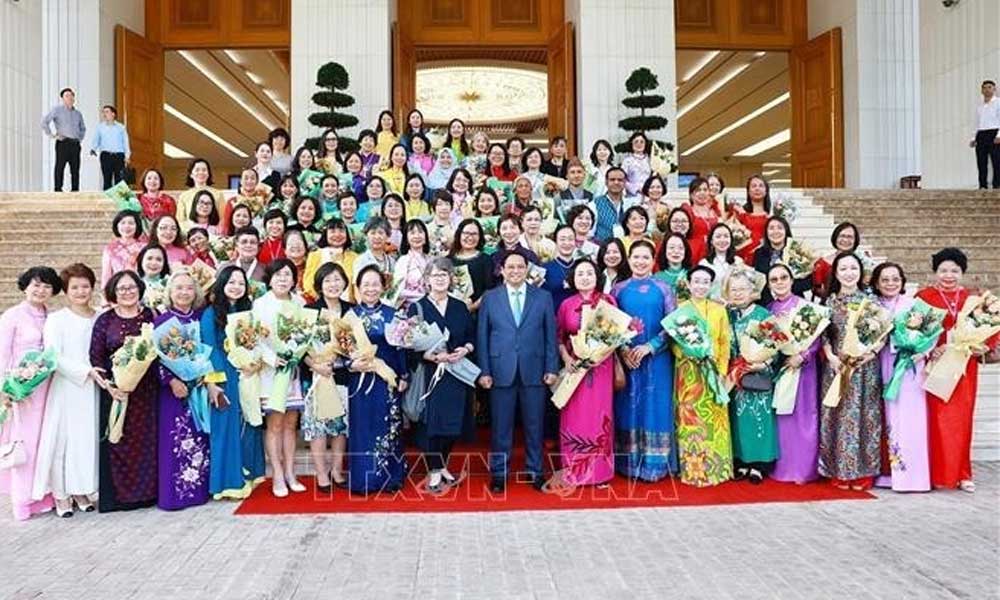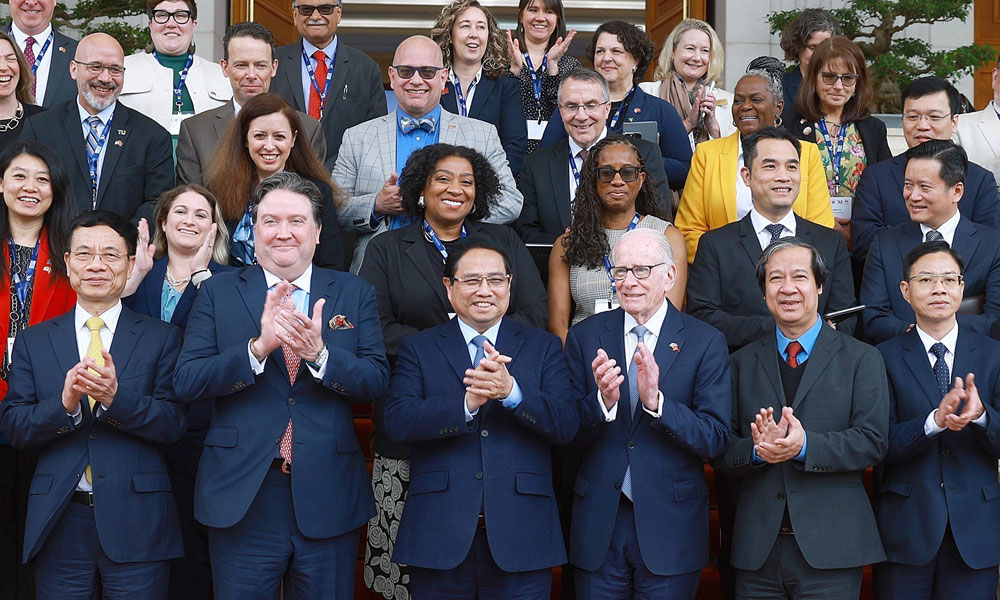Vietnamese researcher Hoang Anh Duc named to Global Young Academy for leadership in science
Researcher Hoang Anh Duc has been elected to the Global Young Academy for the 2025–2030 term, becoming the fifth Vietnamese to join the organization.
The announcement was recently made by the GYA . Duc, 35, is a research fellow at RMIT University Vietnam and CEO of Sky-Line school.
 |
|
Researcher Hoang Anh Duc. |
Members of the academy contribute to international science policy for supporting young researchers and promoting science education through collaboration. "I feel fortunate and honored to be elected to the GYA," Duc tells VnExpress.
The recognition marks a new chapter of learning rather than a personal achievement and is a valuable opportunity to connect and share resources and knowledge with the global community of young scientists, he says.
"This is also an opportunity for me to share experiences and perspectives from the Vietnamese context, contributing to the collective effort to build a sustainable and inclusive future."
He aims to further develop the organization’s Open Science working group, which promotes transparency in research methods, data and results.
He believes this approach fosters collaboration and wider access to scientific knowledge. He has authored or co-authored 25 academic papers on educational leadership, curriculum design and teacher development.
His work has been published in peer-reviewed journals indexed by ISI and Scopus, two of the world’s leading scientific databases.
During the Covid pandemic he championed digital transformation in education, anticipating the shift to online learning.
He also helped design and implement strategies to reduce the pandemic's disruption to education.
He initiated the "Mental Health Handbook During the Pandemic," which reached over 3,500 schools and universities across Vietnam.
As the author of the "Telling Science Stories" book series, he said his goal is to nurture children's curiosity and questioning mindset.
He believes combining quality materials with creative learning spaces and practical application can build a strong ecosystem where scientific interest is sustained.
He encouraged young Vietnamese scientists to be more open and collaborative in their research.
The era of scientists working alone in closed labs is ending and modern science requires openness, from sharing data and methods to publishing results transparently, he says.
He points out that adopting open science practices early can lead to broader connections, constructive feedback and greater research impacts.
"I believe Vietnam can become a leader in Southeast Asia’s open science movement, with young scientists driving the change."
Founded in 2010, the GYA brings together early-career researchers under 40 who have demonstrated academic excellence. It currently has 200 members.
Past Vietnamese members include Associate Professor Ngo Van Thanh (Vietnam Academy of Science and Technology, 2010), Associate Professor Tran Quang Huy (Phenikaa University, 2017), Professor Tran Xuan Bach (Hanoi Medical University, 2018), and Dr. Nguyen Thi Phuong Thao (Vinmec Institute of Stem Cell Research and Gene Technology, 2024).
Based in Halle, Germany, the GYA is supported by the Leopoldina German National Academy of Sciences and the country’s Federal Ministry of Education and Research.
Members attend an annual meeting to discuss global scientific challenges with distinguished scientists and policymakers.
The 2025 meeting will be hosted by the Indian Institute of Technology in Hyderabad from June 8 to 13.
 Bắc giang
Bắc giang















Reader's comments (0)